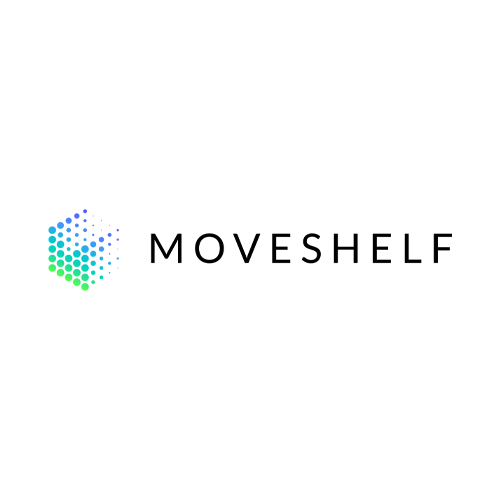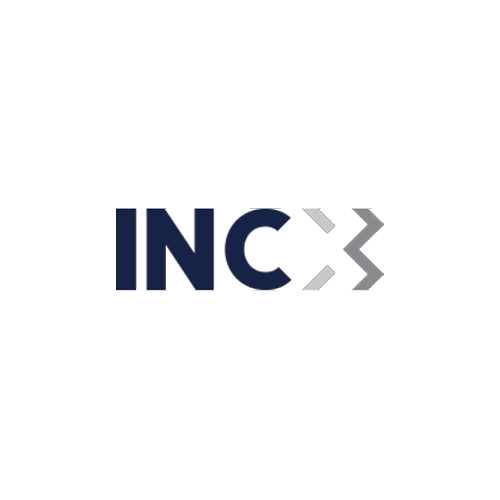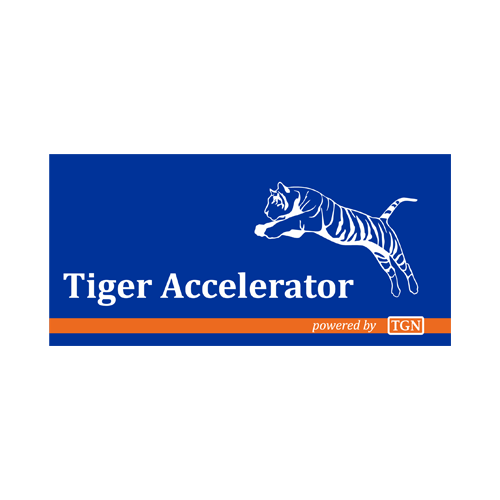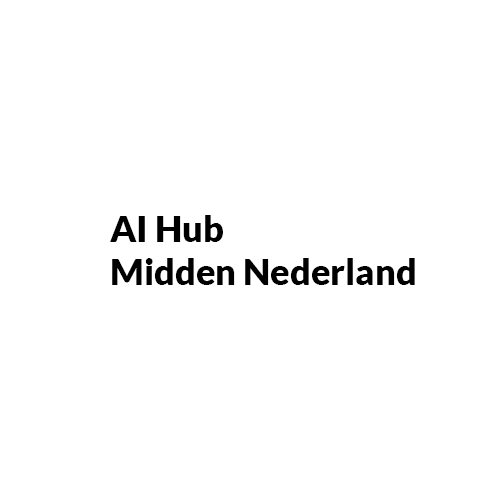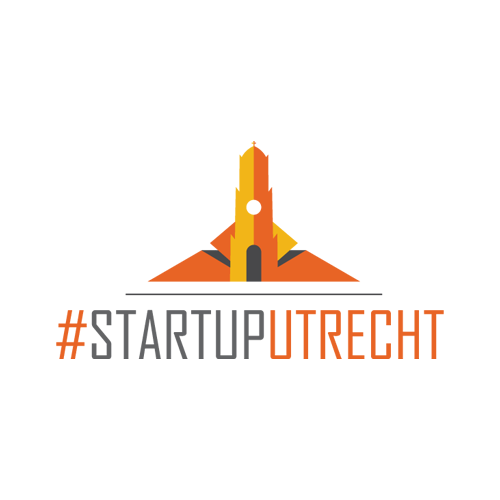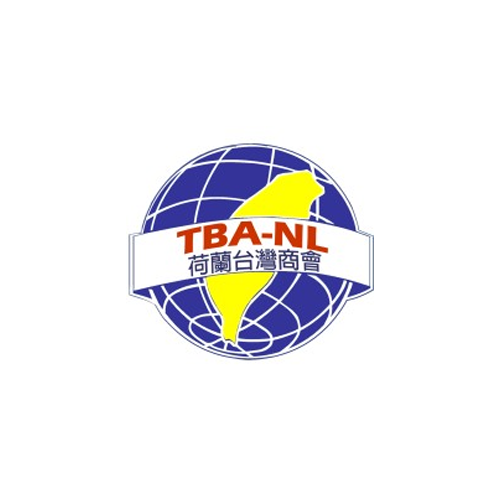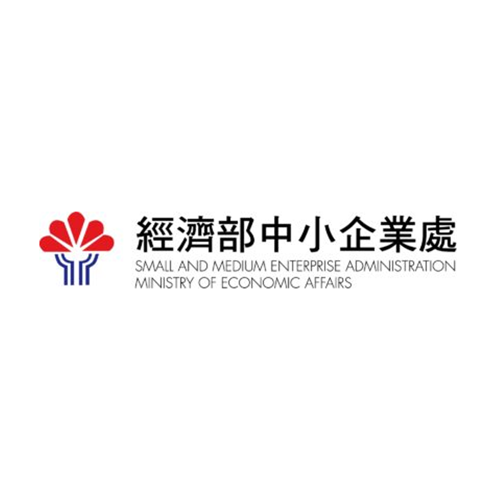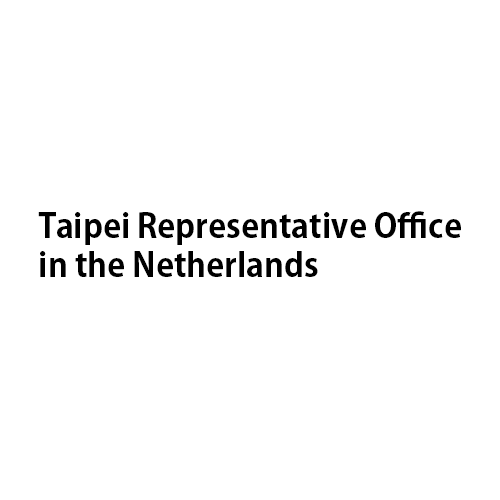AI in Health:
Startup Innovation from Taiwan & The Netherlands
Date: Tuesday 28 September 2021
Time: 08:30 CET – 10:00 CET
Location: Online Meeting (Microsoft Teams)
Note: Before the event date, the online meeting link will be sent to registered participants via email.
About
Techleap’s 2021 AI Report has revealed a remarkable trend: in the Netherlands, Health is the most popular industry to operate in among ‘AI-Core’ startups and scaleups — companies that develop artificial intelligence as a part of their core technologies. Even though the Health sector’s stringent regulations and interconnected institutions might require significant time and resources for startups to navigate, the report shows that Dutch AI founders are more than willing to take on the challenge. Indeed, as strong Dutch companies like Aidence and SkinVision have shown, along with its challenges, the sector contains opportunities for AI startups to succeed.
Meanwhile, in Taiwan, the various health applications of AI have also been generating tremendous attention and recognition from both public and private stakeholders. From Taiwan’s Ministry of Science and Technology, a considerable sum of NT$ 5 billion (152.64 million Euros) has been committed for the years 2018-2023 to support AI-connected research, and leading Taiwanese universities such as NTU and NCKU have established AI Research Centers with an emphasis on the healthcare & biomedical fields. At the same time, the private sector has produced high potential AI-in-Health startups such as aetherAI and Deep01, often supported by funding from established Taiwanese tech corporations like ASUS and Quanta Computer.
In various other sectors of technology, inventive tech businesses and industry pioneers from Taiwan & the Netherlands have had a long history of mutually beneficial collaboration. Naturally, then, the advancement of the AI-in-Health sector in both geographies raises the question: What can AI-in-Health innovators, entrepreneurs, and industry leaders from Taiwan & the Netherlands do for each other?
The ‘AI in Health: Startup Innovation from Taiwan & The Netherlands’ event co-organized by TBA-NL Innovation Committee, TGN, Tiger Accelerator, AI-Hub Midden Nederland & Startup Utrecht, will seek to make a start in answering this compelling question. On September 28, 2021, startups, corporates & KOLs in the AI-in-Health sector from Taiwan & the Netherlands will come together in an online conference, and share their knowledge on the latest developments in the field.
Interested to learn more about the latest AI-in-Health industry trends & opportunities in Taiwan & the Netherlands? Register for the event now!
Speakers

Prof. Dr. Hsin-Chien Lee, Department of Psychiatry, Research Center for Artificial Intelligence in Medicine, Taipei Medical University 
Dr. Annemarie van ‘t Veen, Lead Applied Datascience team, UMC Utrecht 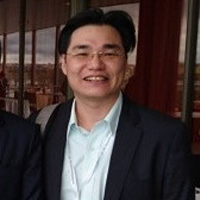
Dr. Honda Hsiao, CEO of Soteria Biotech 
Ignazio Aleo, Co-founder and CEO of Moveshelf 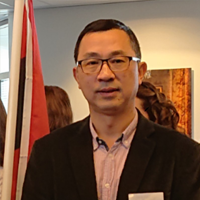
Tim Yang, Managing director of Innocare Optoelectronic Europe BV 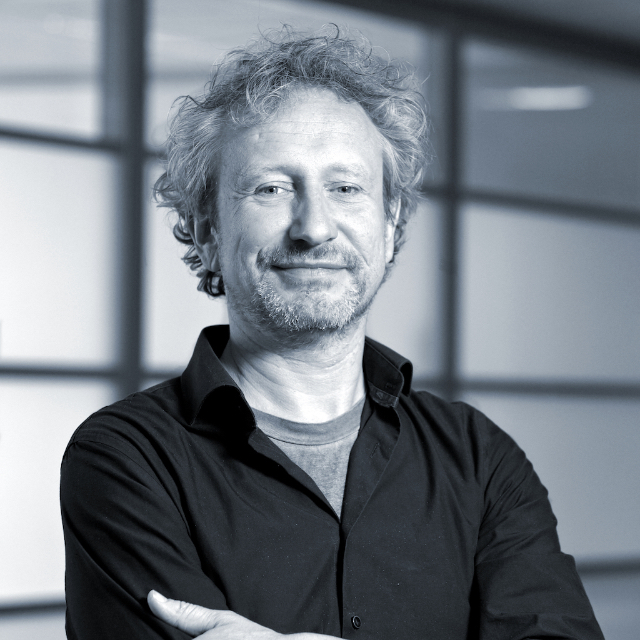
Dr. Henk Marquering, Assistant-professor at Amsterdam Medical Center and co-founder of Nicolab
Startups
Agenda
Moderator: Heerd Jan Hoogeveen, Director Startup Utrecht
| 08:30 – 08:35 | 1) Opening Mrs. Hsin-Hsin Chen, Representative, Taipei Representative Office in the Netherlands Mr. Klaas Verschuure, Deputy Mayor, City of Utrecht _ |
| 08:35 – 08:55 | 2) Interviews Taiwan AI Roadmap, The impact of AI on Taiwan’s healthcare, with Prof. Dr. Hsin-Chien Lee, Department of Psychiatry, Research Center for Artificial Intelligence in Medicine, Taipei Medical University, Taiwan The need for AI in Utrecht University Hospital– now and in the future with Dr. Annemarie van ‘t Veen, Lead applied datascience team at UMC Utrecht _ |
| 08:55 – 09:05 | 3) Soteria: AI enabled Obstructive sleep apnea (OSA) Total Solution Dr. Honda Hsiao, CEO of Soteria Biotech Co., Ltd. (Taiwan) _ |
| 09:05 – 09:15 | 4) Moveshelf: Get more insight from clinical movement analysis Ignazio Aleo, Co-founder and CEO of Moveshelf _ |
| 09:15 – 09:25 | 5) Innocare: the use of AI in radiology workflow Tim Yang, Managing director of Innocare Optoelectronics Europe BV _ |
| 09:25 – 09:35 | 6) Nicolab: AI-powered Neurovascular Image Analysis for clinical decision support Dr. Henk Marquering, Assistant-professor at Amsterdam Medical Center and co-founder of Nicolab _ |
| 09:35 – 09:55 | 7) Panel Discussion The speakers reflect on what has been discussed, take questions from the audience and discuss the future of AI in Health. _ |
| 09:55 – 10:00 | 8) Closing |
Organizers
- Taiwan Globalization Network-TGN
- Tiger Accelerator
- AI Hub Midden Nederland
- Startup Utrecht
- Taiwan Business Association (TBA) in The Netherlands, Innovation Committee


